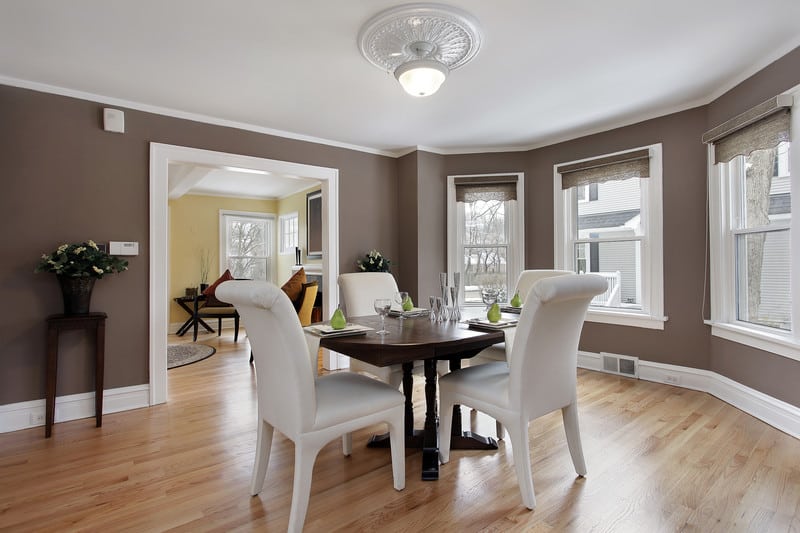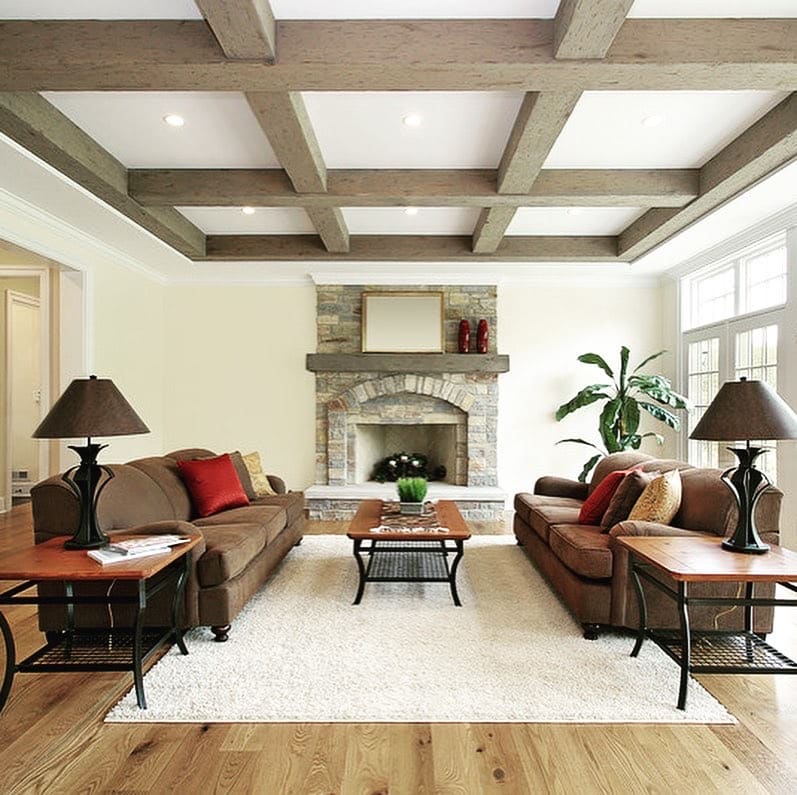When selecting flooring for your home, the decision often boils down to the classic elegance of hardwood versus the modern versatility of vinyl. Both flooring options have their own set of advantages and cater to different preferences and requirements. In this article, we’ll compare hardwood and vinyl flooring, helping you make an informed choice that suits your lifestyle and aesthetic needs.
What is Hardwood Flooring?
Hardwood flooring is made from solid timber or engineered wood, offering a natural aesthetic that adds warmth and character to any space. Available in a variety of species—from oak to walnut—hardwood is renowned for its durability and longevity. A well-maintained hardwood floor can last for decades, potentially increasing the value of your home.
Advantages of Hardwood Flooring
- Timeless Appeal: Hardwood flooring exudes a classic look that many homeowners desire. Its rich texture and natural variations create a unique visual impact.
- Durability: High-quality hardwood is incredibly durable and can withstand years of foot traffic, making it suitable for both residential and commercial spaces.
- Increasing Home Value: Homes with hardwood flooring often see a higher resale value compared to those with other types of flooring.
Disadvantages of Hardwood Flooring
- Cost: Hardwood flooring can be expensive, both in terms of material and installation costs.
- Susceptibility to Moisture: High humidity and moisture can damage hardwood floors, making them less suitable for bathrooms or basements without proper precautions.
- Maintenance: Hardwood requires regular maintenance, including refinishing to keep it looking its best over time.
What is Vinyl Flooring?
Vinyl flooring, a synthetic product, is designed to mimic hardwood, tile, and stone while offering its own unique benefits. It’s available in various styles, colors, and patterns, making it a versatile option for any decor.
Advantages of Vinyl Flooring
- Affordability: One of the biggest selling points of vinyl flooring is its cost-effectiveness. It is generally much cheaper than hardwood, making it accessible for budget-conscious homeowners.
- Water Resistance: Many vinyl flooring types are water-resistant or even waterproof, making them ideal for areas prone to moisture, such as kitchens and bathrooms.
- Easy Maintenance: Unlike hardwood, vinyl flooring can simply be wiped clean. It does not require refinish or specialized cleaning products, allowing for hassle-free upkeep.
Disadvantages of Vinyl Flooring
- Less Resale Value: While vinyl can look good and perform well, it typically doesn’t add as much value to your home as hardwood can.
- Vulnerability to Damage: Vinyl can be scratched or dented more easily than hardwood, especially with heavy furniture or high heels.
- Environmental Concerns: As a synthetic product, the production and disposal of vinyl may be concerning for eco-conscious homeowners.

Making the Choice: Hardwood vs. Vinyl
Ultimately, the choice between hardwood and vinyl flooring depends on your specific needs and preferences. If you value aesthetics, durability, and potential resale value, hardwood may be the better choice. However, if you prioritize cost, maintenance, and versatility, vinyl could be the ideal option for your home.
Conclusion
In the battle of Hardwood vs. Vinyl flooring, there is no one-size-fits-all answer. Each has its unique strengths and weaknesses. Assess your lifestyle, budget, and design preferences to determine which flooring will win in your home.





0 Comments